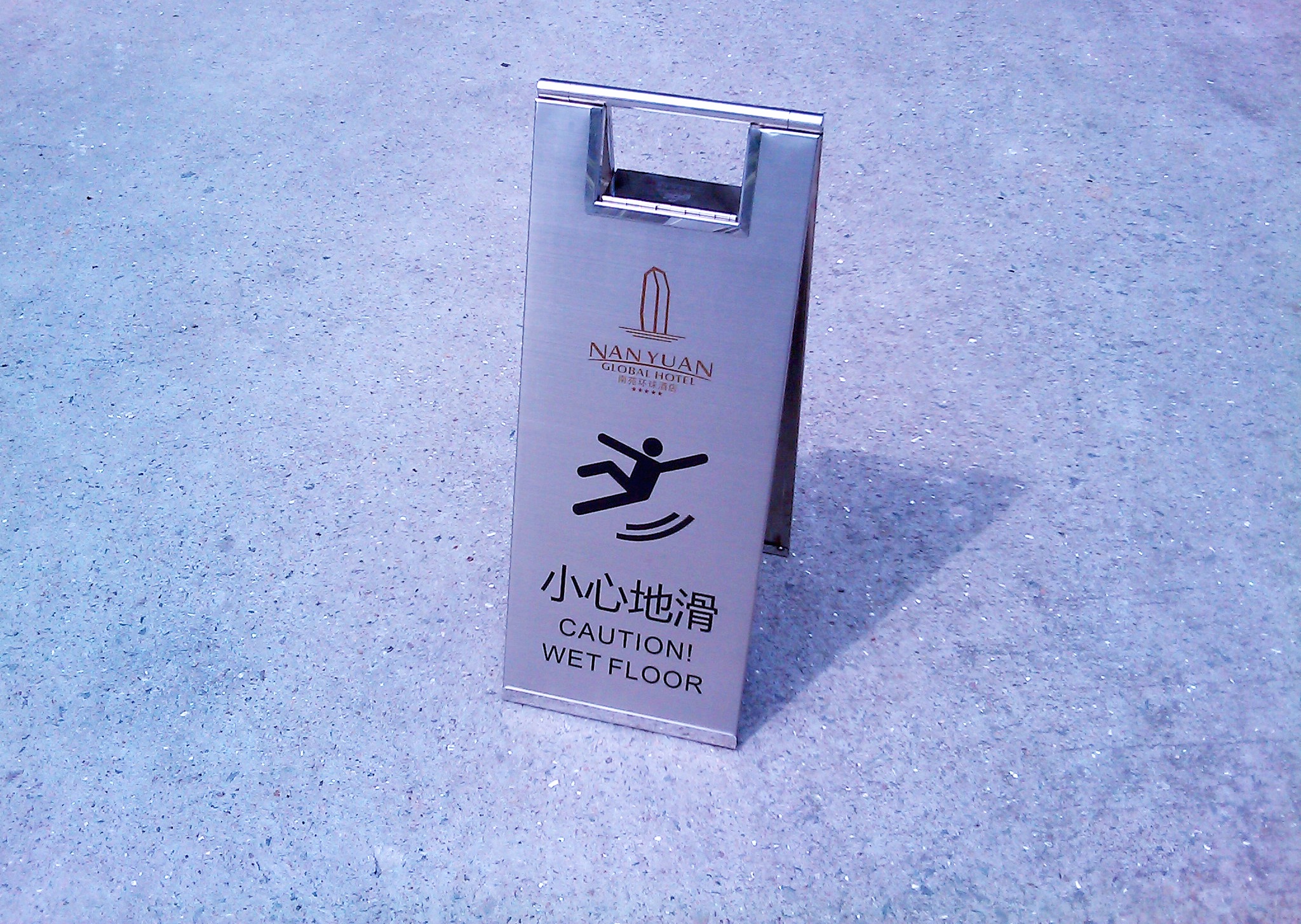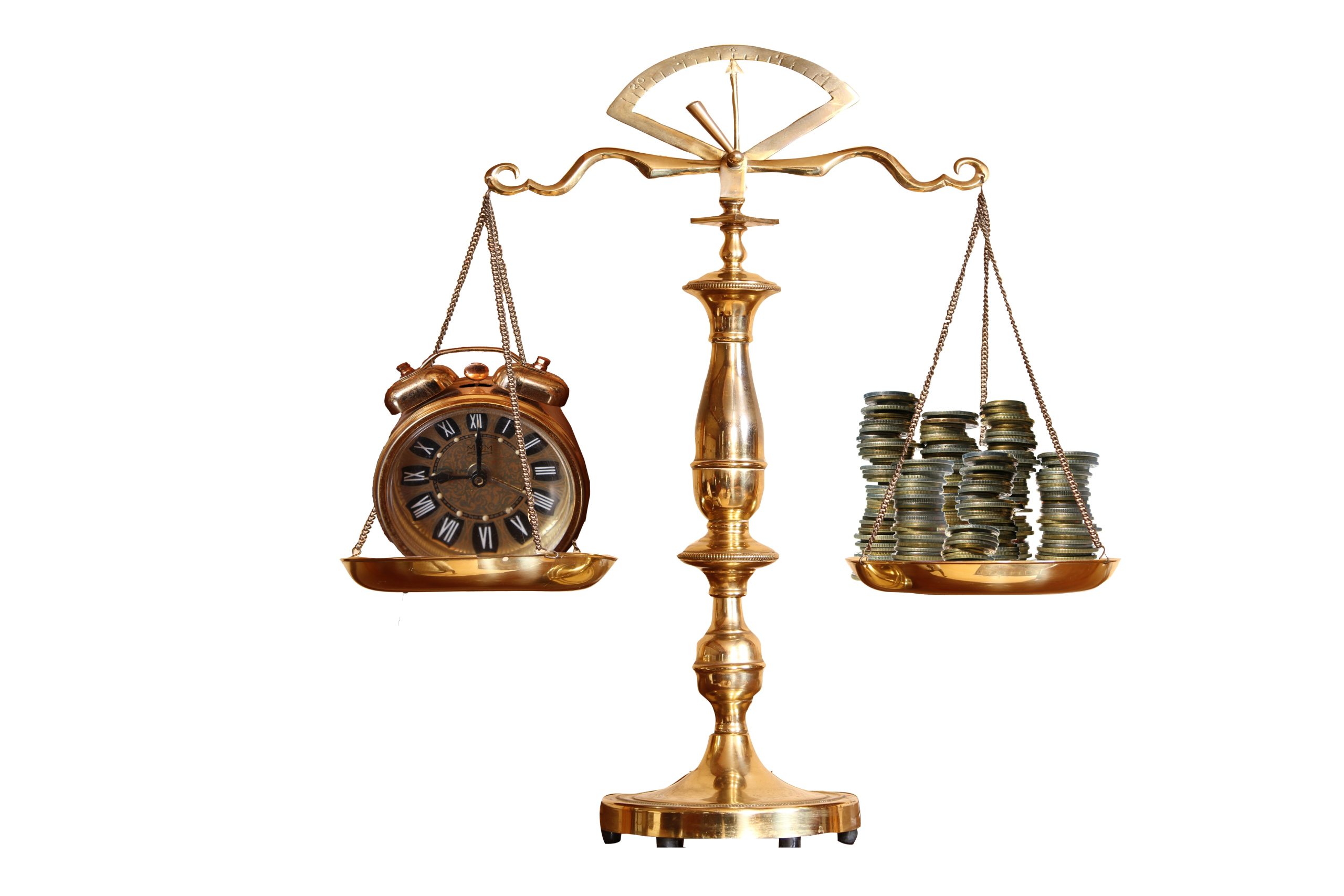 Personal injury cases are notorious for their intricate nature, often posing challenges in determining fault and establishing liability. Complications escalate further when discrepancies arise regarding the facts surrounding the incident. When blame is uncertain, and parties refuse to accept responsibility, the legal landscape becomes increasingly convoluted.
Personal injury cases are notorious for their intricate nature, often posing challenges in determining fault and establishing liability. Complications escalate further when discrepancies arise regarding the facts surrounding the incident. When blame is uncertain, and parties refuse to accept responsibility, the legal landscape becomes increasingly convoluted.
A recent Louisiana Court of Appeals case offered a detailed examination of an issue of material fact in determining fault in a personal injury lawsuit. By exploring the court’s decision and the supporting evidence, we gain insight into the complexities inherent in such cases and their implications on a motion for summary judgment.
James Palmisano fell at work due to the water in the hallway. Palmisano alleged that the water leaked from the men’s and women’s toilets. He filed a lawsuit for his injuries, claiming two plumbing companies, Prejean and Colville Plumbing & Irrigation, Inc., were called to fix the problem but didn’t.
 Insurance Dispute Lawyer Blog
Insurance Dispute Lawyer Blog



 Mardi Gras, a time of joyous celebration, took an unexpected turn for a store near a French Quarter hotel when a sprinkler head malfunctioned, resulting in significant water damage. Despite the storeowner’s insurance covering the damages, a lawsuit ensued to determine the hotel’s liability for the losses incurred. This case highlights the complexities of determining responsibility and legal remedies in property damage cases, emphasizing the importance of seeking legal counsel to navigate such situations effectively.
Mardi Gras, a time of joyous celebration, took an unexpected turn for a store near a French Quarter hotel when a sprinkler head malfunctioned, resulting in significant water damage. Despite the storeowner’s insurance covering the damages, a lawsuit ensued to determine the hotel’s liability for the losses incurred. This case highlights the complexities of determining responsibility and legal remedies in property damage cases, emphasizing the importance of seeking legal counsel to navigate such situations effectively. Losing a lawsuit can lead to frustration with your attorney, and you might contemplate pursuing a legal malpractice claim against them. However, it is crucial to comprehend the essential elements required to succeed in such a claim; otherwise, your case may face dismissal. The Klein v. Wynne lawsuit examines the importance of meeting all the requirements to prevail in a legal malpractice lawsuit and highlights the potential consequences of failing to do so.
Losing a lawsuit can lead to frustration with your attorney, and you might contemplate pursuing a legal malpractice claim against them. However, it is crucial to comprehend the essential elements required to succeed in such a claim; otherwise, your case may face dismissal. The Klein v. Wynne lawsuit examines the importance of meeting all the requirements to prevail in a legal malpractice lawsuit and highlights the potential consequences of failing to do so. Experiencing termination from your job is a difficult situation, especially when it feels unjust. Scott Poiencot faced this unfortunate circumstance when he was terminated from his position as a police officer in the
Experiencing termination from your job is a difficult situation, especially when it feels unjust. Scott Poiencot faced this unfortunate circumstance when he was terminated from his position as a police officer in the  Everyone knows that evidence is an essential part of winning any lawsuit. However, how do you go about finding relevant evidence? If you are involved in a lawsuit, you are entitled to discovery to obtain information pertinent to your claims and help defend yourself. However, discovery is not limitless. Instead, numerous restrictions are imposed to ensure that parties cannot go on fishing expeditions. It is essential to understand these restrictions, especially when seeking information involving personal data such as medical records.
Everyone knows that evidence is an essential part of winning any lawsuit. However, how do you go about finding relevant evidence? If you are involved in a lawsuit, you are entitled to discovery to obtain information pertinent to your claims and help defend yourself. However, discovery is not limitless. Instead, numerous restrictions are imposed to ensure that parties cannot go on fishing expeditions. It is essential to understand these restrictions, especially when seeking information involving personal data such as medical records.  Filing a claim in court requires careful consideration of the appropriate time frame, as it can significantly impact the success of a lawsuit. This is particularly crucial when dealing with actions such as false arrest and false imprisonment, where prescription periods play a significant role.
Filing a claim in court requires careful consideration of the appropriate time frame, as it can significantly impact the success of a lawsuit. This is particularly crucial when dealing with actions such as false arrest and false imprisonment, where prescription periods play a significant role.  Bringing a lawsuit against one’s employer can be a daunting prospect, particularly when fears of retaliation loom large. However, it is essential to recognize that federal law offers safeguards to employees who pursue legal action under Title VII, including cases involving claims of sexual harassment. By delving into the provisions outlined in
Bringing a lawsuit against one’s employer can be a daunting prospect, particularly when fears of retaliation loom large. However, it is essential to recognize that federal law offers safeguards to employees who pursue legal action under Title VII, including cases involving claims of sexual harassment. By delving into the provisions outlined in  Divorce, though unpleasant in the short term, allows families to rearrange their relationship to better serve the interests of all parties. One primary consideration in any divorce is the children. The children’s health, safety, and well-being becomes a key concern for both the families and the courts when a family enters into a divorce. When parents get divorced, the court determines who assumes the tutorship of the child. The parent who is awarded this tutorship assumes all of the rights and responsibilities of raising the child, including the right to file a lawsuit in the child’s name.
Divorce, though unpleasant in the short term, allows families to rearrange their relationship to better serve the interests of all parties. One primary consideration in any divorce is the children. The children’s health, safety, and well-being becomes a key concern for both the families and the courts when a family enters into a divorce. When parents get divorced, the court determines who assumes the tutorship of the child. The parent who is awarded this tutorship assumes all of the rights and responsibilities of raising the child, including the right to file a lawsuit in the child’s name.  All relevant evidence in a case should be produced at trial. However, the evidence included in a complete record can be subjective. Thus, the parties to a lawsuit should rely on the court’s definition of what a complete medical record consists of.
All relevant evidence in a case should be produced at trial. However, the evidence included in a complete record can be subjective. Thus, the parties to a lawsuit should rely on the court’s definition of what a complete medical record consists of.  In some cases, mistakes in following procedure can harm a plaintiff’s cause of action even if the case otherwise may be successful on the merits. For example, legal malpractice cases in Louisiana must be filed within one year from when the plaintiff knew or should have known that malpractice had occurred. A recent case out of the Parish of East Baton Rouge has outlined when a plaintiff is considered to have some notice of legal malpractice.
In some cases, mistakes in following procedure can harm a plaintiff’s cause of action even if the case otherwise may be successful on the merits. For example, legal malpractice cases in Louisiana must be filed within one year from when the plaintiff knew or should have known that malpractice had occurred. A recent case out of the Parish of East Baton Rouge has outlined when a plaintiff is considered to have some notice of legal malpractice.